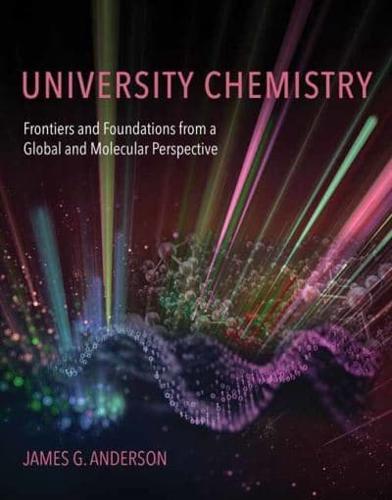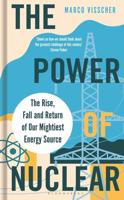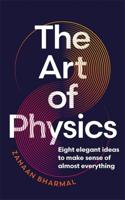Publisher's Synopsis
Introductory chemistry and physics are taught at the university level as isolated subjects, divorced from any compelling context. Moreover, the "formalism first" teaching approach presents students with disembodied knowledge, abstract and learned by rote. By contrast, this textbook presents a new approach to teaching university-level chemistry that links core concepts of chemistry and physical science to current global challenges. It establishes the importance of the principles of chemistry and physics to issues including energy production and distribution, climate, and national security; introduces such core concepts as energy and energy transformations, thermodynamics, chemical equlibria, and quantum mechanics; and places these core concepts in a global context. Each chapter opens with a "Framework" section that establishes the topic's connection to emerging challenges. Next, a "Core" section addresses quantitative concepts. Finally, "Case Studies" link to global issues. These case studies are designed to build quantitative reasoning skills, supply the technology background, or illustrate the global need for dramatically increased primary energy generation. The text's development of both context and scientific principles is rigorous, equipping students for advanced classes as well as future involvement in scientific and societal arenas. University Chemistry was written for a course created and taught by the author at Harvard.









